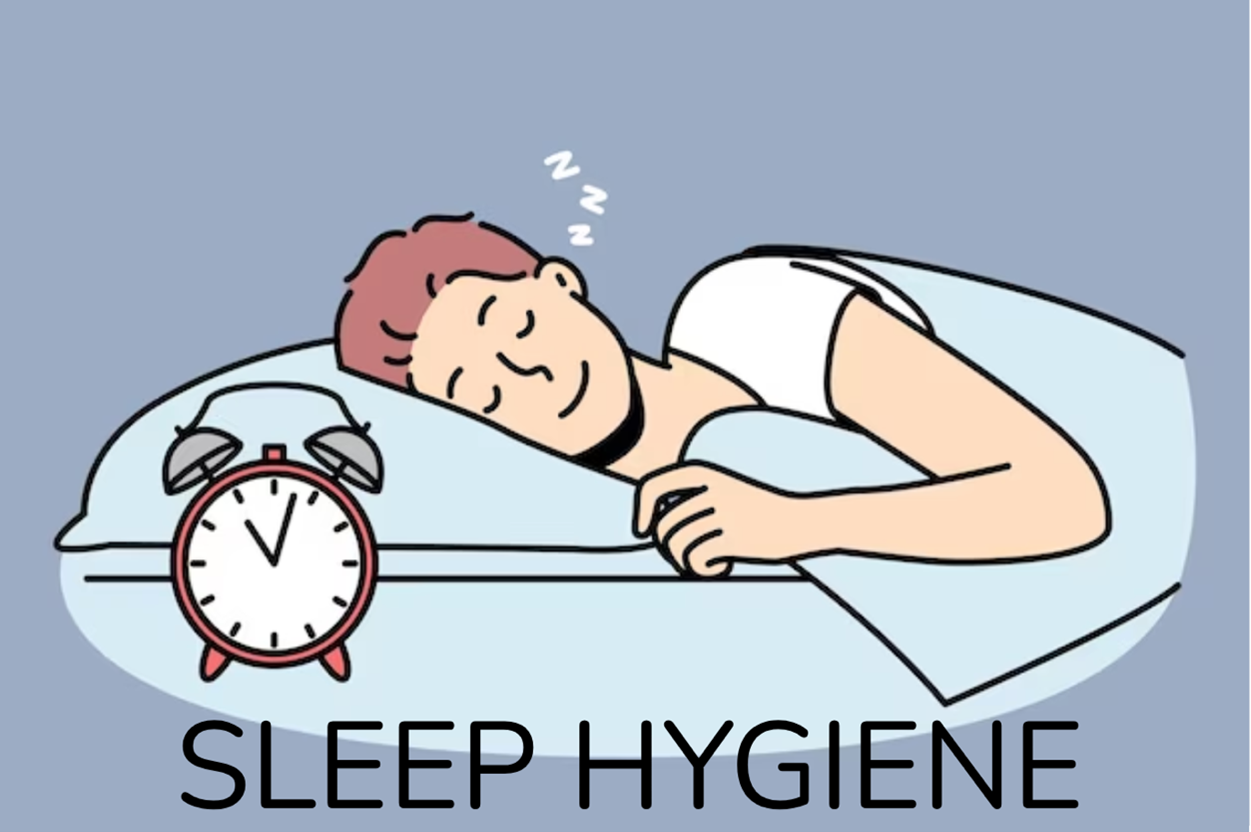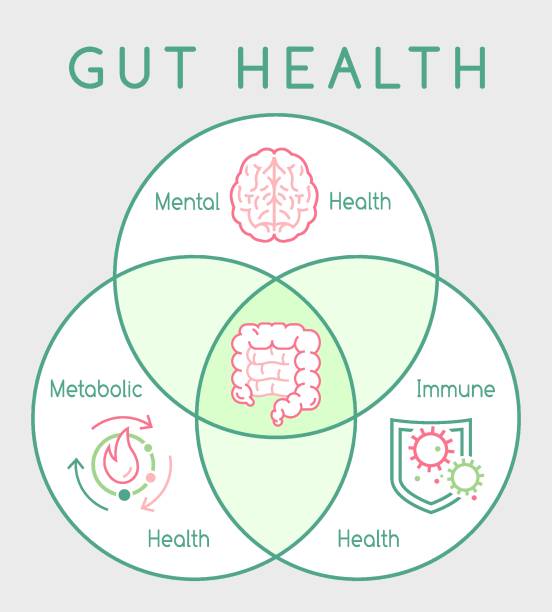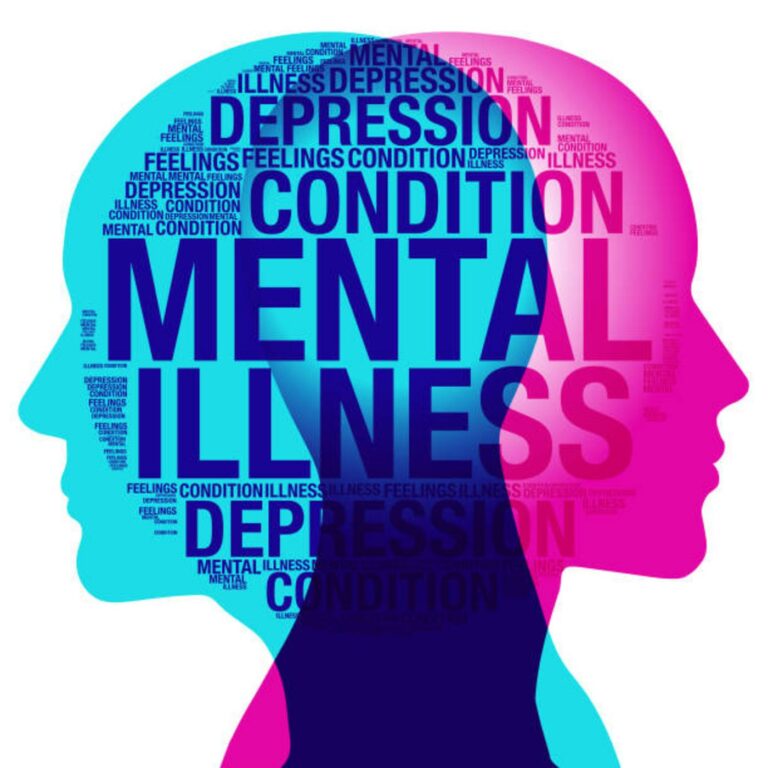
Good sleep is foundational to physical and mental health, yet millions struggle with poor sleep quality. Sleep hygiene refers to the practices and environmental factors that promote consistent, restorative sleep.
Improving your sleep hygiene can boost mood, cognitive function, immune health, and overall well-being.
What Is Sleep Hygiene?
Sleep hygiene includes behaviors and conditions that support falling asleep easily and staying asleep throughout the night.
Key elements:
- Consistent sleep schedule
- Comfortable sleep environment
- Limiting stimulants and disruptions
- Healthy pre-sleep routines
Why Good Sleep Matters
Sleep affects:
- Memory consolidation and learning
- Emotional regulation and mental health
- Metabolism and weight control
- Cardiovascular health and immune function
- Energy and daily performance
Poor sleep increases risk for chronic diseases, accidents, and cognitive decline.
Tips for Better Sleep Hygiene
1. Set a consistent bedtime and wake-up time
Aim to go to bed and wake up at the same time every day—even on weekends.
2. Create a relaxing pre-sleep routine
Read, meditate, or take a warm bath. Avoid screens and stressful activities at least 30 minutes before bed.
3. Optimize your bedroom environment
- Cool temperature (60–67°F / 15–19°C)
- Comfortable mattress and pillows
- Minimize noise and light with blackout curtains or white noise machines
4. Limit caffeine, nicotine, and alcohol
Avoid caffeine and nicotine 4–6 hours before bedtime. Alcohol may help fall asleep but disrupts sleep quality.
5. Be mindful of naps
Short naps (20–30 minutes) can be refreshing but avoid long or late naps that interfere with nighttime sleep.
Common Sleep Disruptors to Avoid
- Excessive screen time before bed
- Eating heavy meals late at night
- Irregular schedules (shift work, jet lag)
- Stress and anxiety
- Lack of physical activity during the day
When to Seek Professional Help
If you experience:
- Chronic insomnia
- Loud snoring or pauses in breathing (possible sleep apnea)
- Restless leg syndrome
- Excessive daytime sleepiness despite good sleep hygiene
Consult a healthcare provider or sleep specialist.
Final Thoughts
Better sleep starts with simple, intentional habits. Prioritizing sleep hygiene improves not just your nights but your days.
Small changes—consistent timing, environment tweaks, avoiding stimulants—compound into deeper, more restorative sleep.
Make sleep a priority. Your mind and body will thank you.







